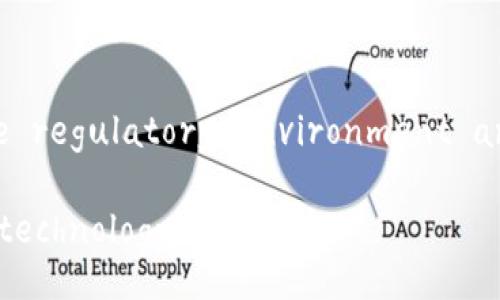Recent Developments in the Blockchain Industry: A Comprehens
2025-07-27 04:36:54


上一篇:上一篇:区块链中最值得投资的数字货币推荐
下一篇:下一篇:没有了
2025-07-27 04:36:54

